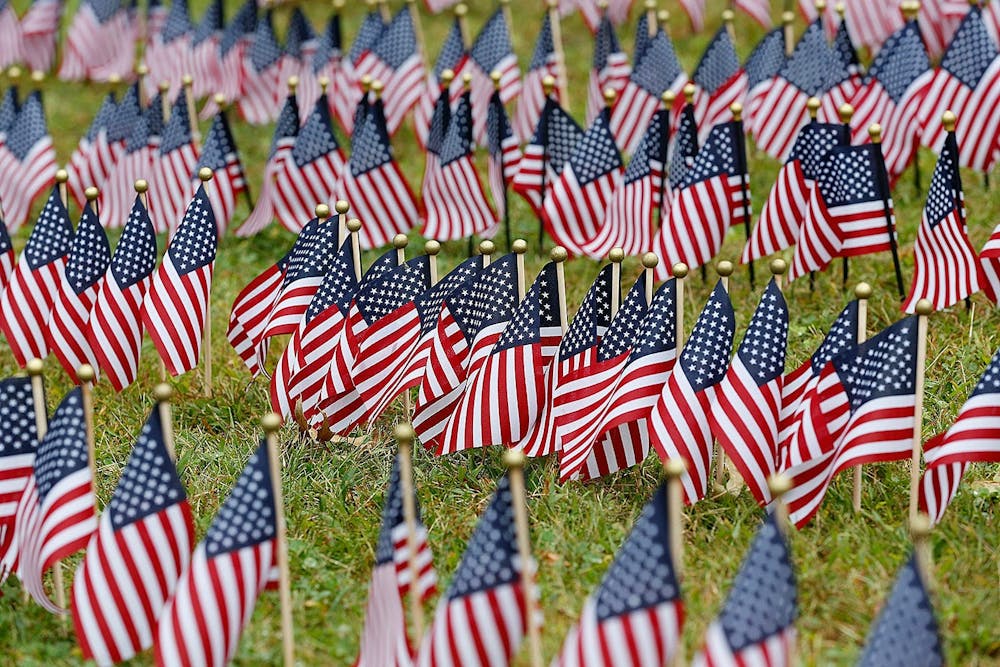Last week, United States Secretary of Defense Pete Hegseth renamed North Carolina’s Fort Liberty back to Fort Bragg, but honoring a different veteran than the fort's original namesake.
Private First Class Roland Bragg, the fort’s new namesake, was a toxic gas handler during World War II. He received several medals, including the Silver Star and Purple Heart for his service, Major Travis Shaw said in an email statement.
In the memorandum, Hegseth wrote that Roland Bragg commandeered an enemy ambulance and drove 20 miles to transport a fellow soldier to an allied hospital.
“That’s right,” Hegseth said after signing the memorandum. “Bragg is back.”
Fort Bragg was originally named for slaveowner and Confederate General Braxton Bragg. In 2022, the Congressional Naming Commission renamed the base to Fort Liberty. The Commission was formed in 2021 in an effort to remove names that commemorate the Confederate States of America. The recent change follows a campaign promise by President Donald Trump to restore the name Fort Bragg.
Fort Bragg was originally established to train soldiers during World War I. The fort houses approximately 57,000 military personnel, 11,000 civilian employees and 23,000 family members and is known as “The Home of the Airborne and Special Operations.”
UNC College Republicans President Matthew Trott said he is pleased with the decision to restore the name “Bragg” to the fort. He said he believes the name has become disassociated with Braxton Bragg himself and is instead representative of the community that has grown on the base.
“I'm happy that the name has been restored so that those people can have a better sense of home again,” Trott said.
Trott also said he supports the decision to name the base after a more modern military figure because he believes more people have connections to World War II than to the Civil War.




